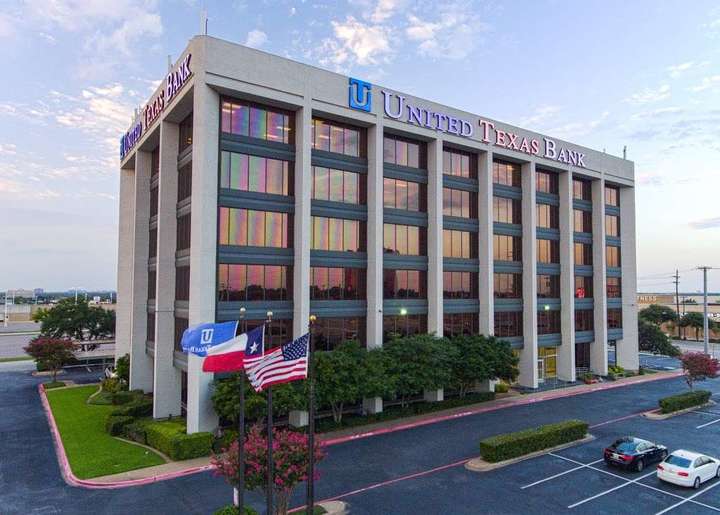Join Our Telegram channel to stay up to date on breaking news coverage
Scott Beck, CEO of the United Texas Bank, urged representatives of the government’s blockchain advisory committee to suggest a policy that would leave stablecoins to financial institutions rather than virtual currency firms.
Beck proposed restricting the disbursement of US dollar-backed altcoins to registered banks instead of lending institutions such as Circle just at Texas Work Group on cryptocurrency issues last Friday in the city of Austin. According to the Chief operating officer of UTB, a study from November carried out by the President’s workgroup on capital markets stated that stablecoin firms must be subjected to the exact requirements as insurance covers deposit accounts such as government and federal level authorized banks.
According to Beck, financial institutions are the appropriate economic actors to release and handle crypto assets if tokens are described as money. Banking institutions have the knowledge and legal structure to handle money because, unlike the current stablecoin stakeholders, banks are closely controlled on both the federal and state levels.
Your capital is at risk.
He said that introducing stablecoin actions into the financial system and restricting non-banks from releasing cryptocurrency will improve consumer protection and attract more money and resources to this business activity.
Set on his idea
In answer to a query from working team participant and MoneyGram chief counsel Robert Villasenor, he asserted that stablecoin financial institutions such as Circle held assets at organizations other than banking institutions, successfully sucking funds out of the financial system. He went on to say that specific cryptocurrencies were highly susceptible to runs, which could endanger the economic system if the market reached a certain magnitude, and that keeping the disbursement to banking institutions guaranteed that the ‘Know Your Customer’ regulations were adhered to.
Beck’s suggestion was criticized as anti-competitive by Lee Bratcher, head of state of Texas Blockchain’s Council, who was present at the trial. The financial institution CEO responded that the main difference between certified banks and privately held businesses issuing crypto assets is that the money behind the currencies for the former might stay at the Fed, guaranteeing the money will be FDIC registered.
Circle’s USDC virtual currency is said to be 100% supported by money or cash counterparts such as deposit accounts, treasury notes, or corporate debt. In March, the virtual currency creditor declared that central bank BNY Mellon was in charge of custodying their USDC resources; at the moment of publication, over 52 billion cryptocurrencies were in circulation.
Following the adoption of the House Bill in 1576, the TWG on BM was formally established in September last year. As stated on the company’s website, its goal is to establish a blueprint for the growth of the crypto market in Texas and suggest laws and government investment opportunities related to blockchain.
Read more:
Join Our Telegram channel to stay up to date on breaking news coverage


